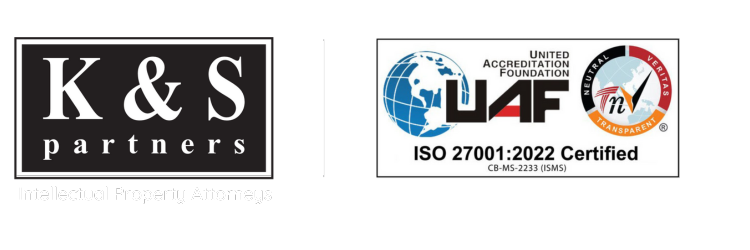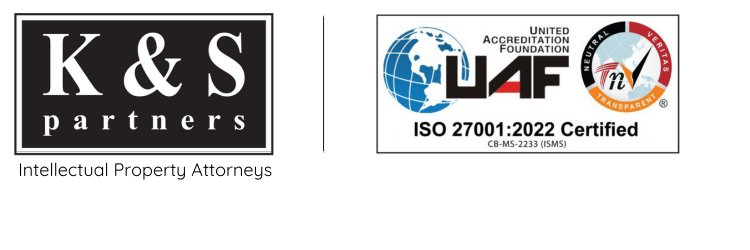
In a pivotal decision, in the case Priya Randolph v the Deputy Controller of Patents and Designs, the Madras High Court has significantly impacted the criterion of patentable inventions in India, safeguarding a privacy-focused technology amidst e-commerce giants.
Priya Randolph and Rohit Chaturvedi (inventors) sought patent protection for their system that selectively conceals user data, specifically physical addresses, during e-commerce transactions. However, after their application was dismissed as a non-patentable “business method” under Section 3(k) of the Indian Patents Act, 1970 (the Act), the inventors approached the Court.
The inventors primarily contended that the claimed invention, encompassing hardware, software and firmware, was a technological advancement that furthers privacy and data protection, not business method, as asserted by the Deputy Controller of Patents and Designs (Deputy Controller).
The Deputy Controller argued that since the invention has involvement in e-commerce, it naturally fell under business methods and Section 3(k) automatically applied, rendering it ineligible for patent protection.
The Court, guided by para 4.5.2 of the Guidelines for Examination of Computer Related Inventions of 2017 (CRI Guidelines), clarified that merely touching upon e-commerce doesn’t automatically classify an invention as a business method. It emphasized the importance of the invention’s substance, specifically in this case, the invention’s distinct technological contribution to data privacy beyond routine business processes.
Consequently, the initial rejection was set aside, and the matter remanded for reconsideration by a different officer. The inventors were granted a reasonable opportunity to further present their case, with a reasoned decision expected within four months.
This order re-emphasizes the important markers made in the CRI guidelines for business method that the substance of claims matter, not the form in which they are presented.
ABOUT THE AUTHOR

Devi MS
Devi MS is a Partner with K&S Partners and has over 17 years of experience in the domains of computer sciences, electronics and design.
- devi.kumar@knspartners.com

